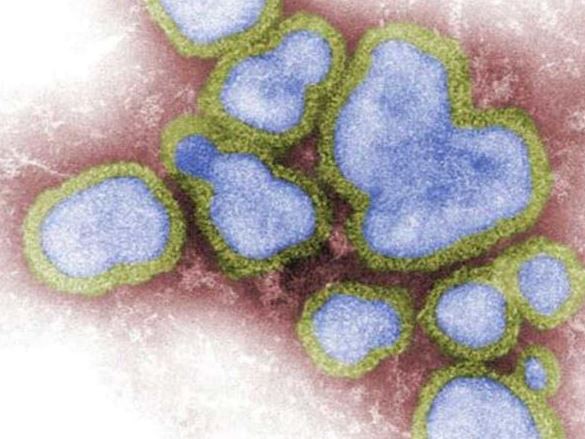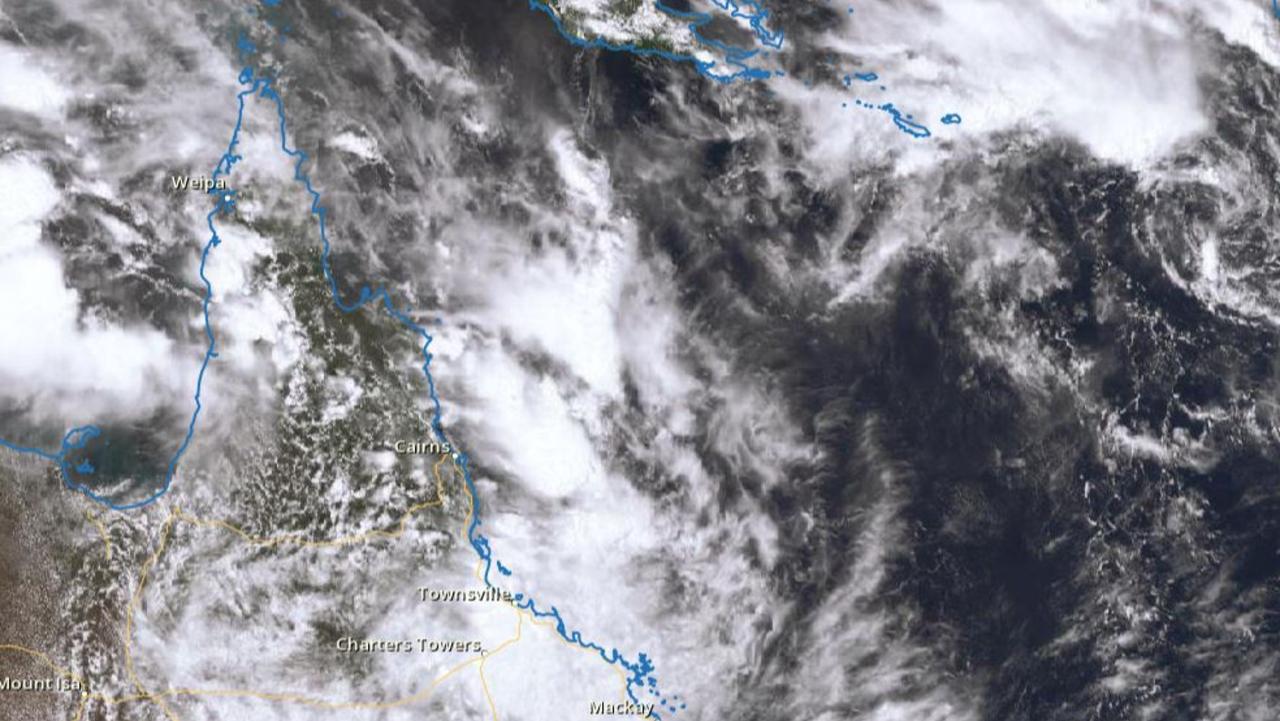Explained: Everything you need to know about Qld’s horror flu surge
What flu symptoms to look out for? Will cold n flu tablets work? How long do vaccinations last? Your questions answered on what the horror winter sickness means for Queenslanders.

QLD News
Don't miss out on the headlines from QLD News. Followed categories will be added to My News.
As influenza vaccination numbers reach their lowest recorded since 2021, cases of the potentially deadly illness are constantly rising.
Ahead of its anticipated peak about a month from now, we asked an expert everything you need to know about the flu this season.
It comes as Queensland faces a “flunami” with the return of school today as educational sectors become ground zero for sickness.
And with a total of 37 deaths in Queensland this year at the hands of influenza alone, Infectious disease expert at the University of Queensland Dr Paul Griffin has answered some of the most commonly asked questions.

What symptoms should I look out for?
“There are challenges with respiratory sicknesses when it comes to differentiating the symptoms, however, if people are vaccinated they are likely to have less symptoms and similarly if people are more vulnerable like young children up to the age of five and the elderly as well and people with significant medical problems, those symptoms will be worse,” he said.
“High fevers, significant body aches and pains, headaches, runny nose, sore throat, cough and shortness of breath are all common symptoms of the flu.”
How long can I expect to be sick?
“It’s quite variable, if someone is fit and well with a recent vaccine they may be unwell for a very short space of time like a matter of days if at all, but those people quite vulnerable can expect to be sick for much longer,” he said.
“Generally speaking, most people will experience the illness for three to five days with the worst of it normally around that day two mark. This also coincides with when they are most infectious.”
What is the best way to avoid the flu?
“The number one way is to be vaccinated and that’s one of the challenges this year with vaccination uptake reaching its lowest point,” he said.
Dr Griffin said for those with the vaccine, symptoms will be significantly reduced.
“All those simple measures like hand hygiene, asking people who are unwell to stay home, mask wearing can certainly help and air quality and ventilation.”
Are the symptoms worse than Covid?
“It does depend a little bit. It’s hard to compare one to the other. The flu is a significant infection in its own right and we do need to take it seriously, however, in most ways we would say covid is worse than the flu,” he said.
“...but if people are unvaccinated for the flu and vaccinated against covid then they will have a worse experience with the flu. The spectrum of symptoms when people are initially infected and the severity are often worse with covid but also the potential for longer term manifestations like long covid are still relatively higher.”

I was vaccinated two months ago, will I still be covered?
“Yes, absolutely. We know the flu vaccine doesn’t necessarily last a long time but that peak protection is the four-six month mark. Even if you’ve had the flu already, getting the vaccine is still worthwhile for the other flu that’s going around especially ahead of the peak around early to mid August,” he said.
I was vaccinated two days ago, am I covered?
“You don’t get maximum protection in a short time, it can take a week or two to build up. Within the first 24-48 hours it (immunity) will start to climb but that’s a gradual process. It is wise to try and get that vaccination at least a few weeks before you travel to a higher risk setting.”
How long after getting the vaccination am I covered for?
“It’s a bit of a curve. We know peak protection is four-six months and then it will decline and fade away. That’s why we need to get boosters each year,” Dr Griffin said.
What is the recovery period?
“For most people three-five days is the worst and then for a week or two people will know they’ve had something and recovered. One of the challenges we see with the flu, is there's a large number of respiratory viruses that go around and can develop from them like pneumonia,” he said.
How long am I infectious for?
“Again, that initial period with high fevers, aches and pains is when people are most infectious so from around the first 24 to 48 hours through to the three to five day period, but with others it can be longer.We know a lot of the symptoms with the flu are how it’s transmitted so sneezing, coughing and runny nose,” Dr Griffin said.
“Essentially, when symptoms are present at their worst, that’s when people are most infectious,” he said.
More Coverage
Originally published as Explained: Everything you need to know about Qld’s horror flu surge





